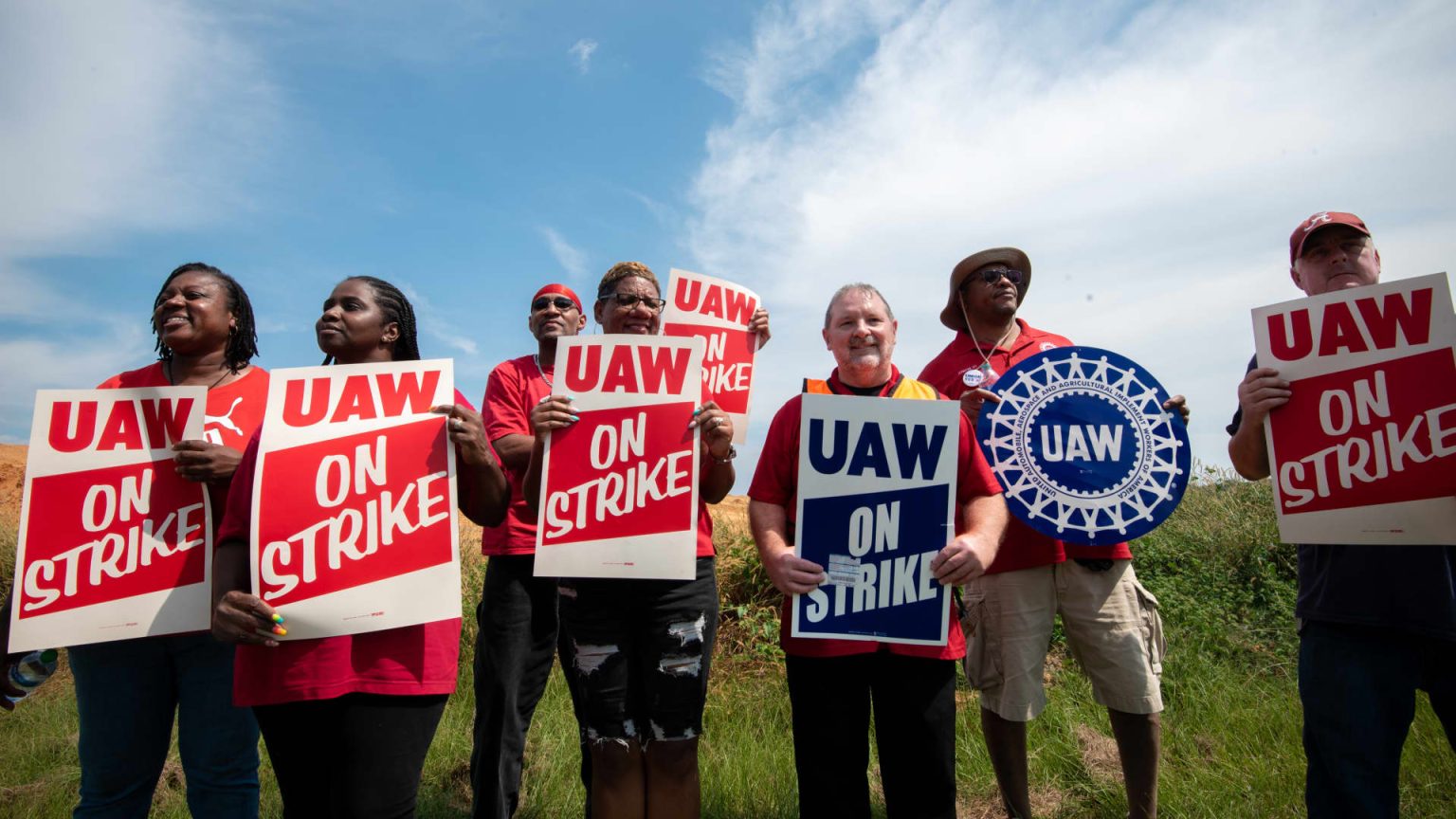Mercedes-Benz workers in Alabama have voted against union representation by the United Auto Workers, with 56% of workers voted against the UAW. The National Labor Relations Board oversaw the election, with over 90% of eligible workers participating in the vote. Despite 51 challenged and five void ballots, the outcome is not expected to change. The union and company have five days to file objections to the election, but if none are filed, the result will be certified, and the union will have to wait one year to file for another union election.
The failed union organizing effort is a setback for the UAW, coming just a month after their successful organizing drive at a Volkswagen plant in Tennessee. This loss is expected to have consequences for the UAW’s ongoing efforts to organize 13 non-union automakers in the U.S. The union’s recent success in securing record contracts with Detroit automakers may be overshadowed by this defeat. The Mercedes-Benz vote was particularly challenging for the union, given the history of failed organizing drives at the Volkswagen plant in Tennessee.
Workers at the Mercedes-Benz plant in Tuscaloosa, Alabama, have been producing vehicles since the plant opened in 1997, with over 4 million vehicles produced to date. The plant currently produces a range of vehicles including gas-powered SUVs and electric SUVs. The NLRB has reported ongoing investigations into unfair labor practices by Mercedes-Benz, including charges of disciplining employees for discussing unionization, prohibiting distribution of union materials, and surveilling employees. Similar charges have been filed against other automakers by the UAW.
The UAW’s defeat at the Mercedes-Benz plant highlights the challenges of organizing in the southern U.S., where anti-union sentiment is often strong. Despite the setback, the union continues to press forward with organizing efforts at other automakers, including Honda, Hyundai, Lucid, Rivian, Tesla, and Toyota. The outcome of these union campaigns will be important for the future of organized labor in the auto industry and could have far-reaching implications for workers’ rights and benefits in the sector. The UAW’s ability to successfully organize in the face of opposition from automakers and anti-union sentiments will be a key factor in determining the future of labor relations in the industry.
The NLRB’s oversight of the union elections and ongoing investigations into unfair labor practices demonstrate the importance of upholding workers’ rights and ensuring fair labor practices in the auto industry. The UAW’s allegations against Mercedes-Benz and other automakers highlight the challenges that workers face in advocating for their rights and seeking better working conditions. The outcome of these investigations and union campaigns will be closely watched by labor advocates, policymakers, and industry stakeholders to determine the future of labor relations and workers’ rights in the auto industry. Ultimately, the balance of power between workers and management will be a crucial factor in determining the future of the auto industry and the rights of workers in the sector.


